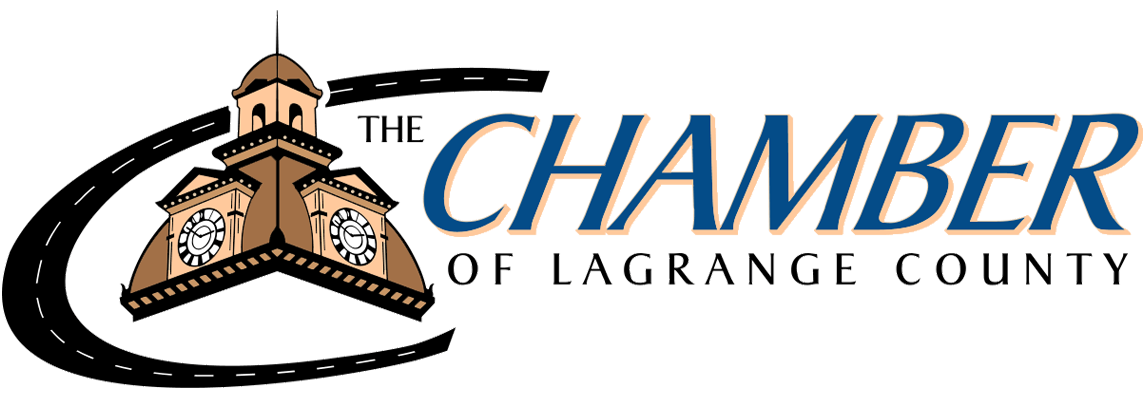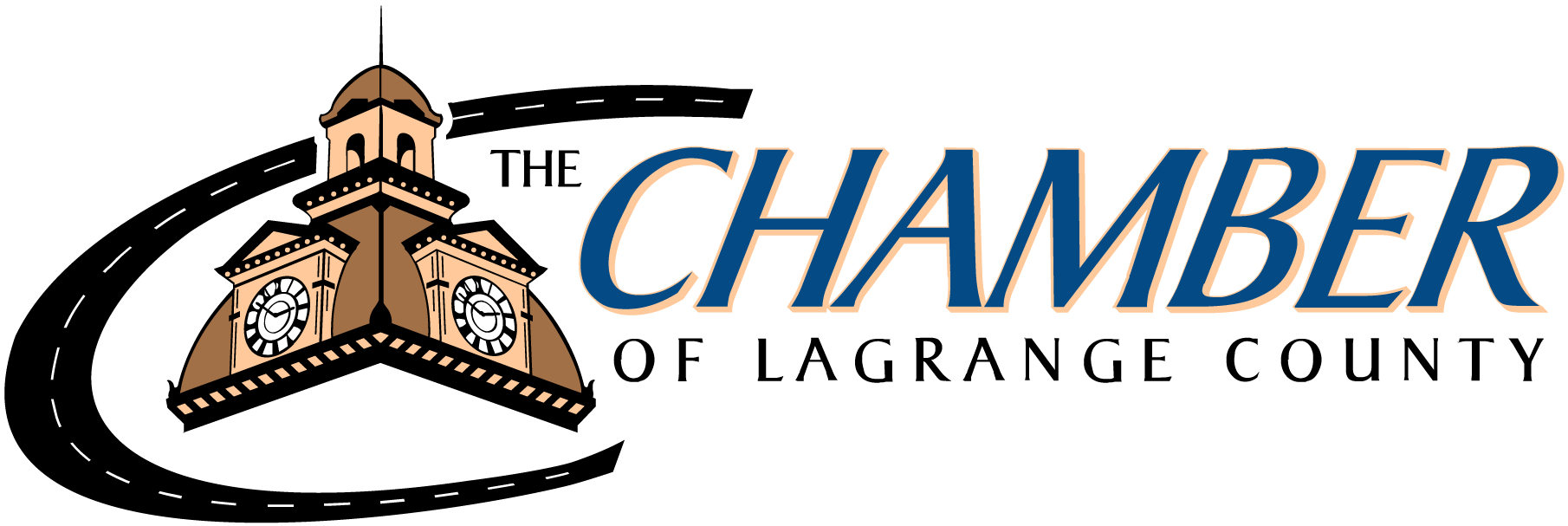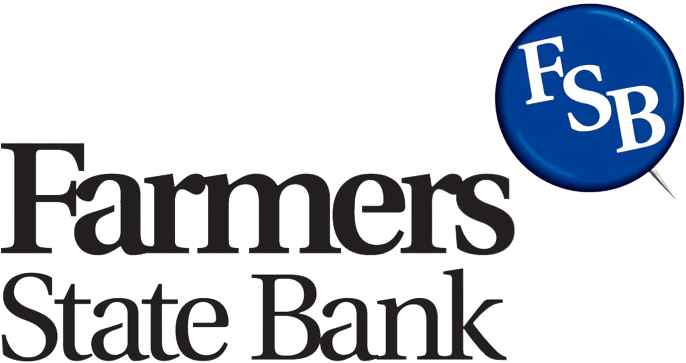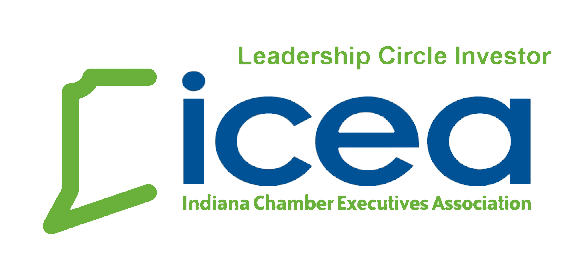Legislative Report - March 14
House Debates Property Tax Redesign
HB 1402 / Chamber Supports | SB 1 / Chamber Neutral
The House Ways and Means Committee reconvened this week to further examine Senate Bill 1, specifically focusing on a potential amendment incorporating provisions from House Bill 1402, authored by Ways and Means Chairman Rep. Jeff Thompson (R-Lizton). Representative Thompson presented the committee with an amendment intended to replace SB 1’s original language with that of HB 1402, significantly altering the approach to property tax reform. The chairman acknowledged that the bill required additional refinement but emphasized the necessity of addressing homeowners' concerns regarding the lack of tangible tax relief.
House Bill 1402 proposes a phased, five-year plan transitioning Indiana from its current levy-based system to a rate-based model. Under the proposed structure, circuit breaker credit losses will be eliminated due to a combined property tax rate being capped at 3%. Thompson emphasized that this change is intended to resolve inherent conflicts between levy-based calculations and constitutional rate caps.
House Bill 1402 also includes an exemption of newly acquired business personal property (BPP) as well as a phased increase in the BPP de minimis exemption and phaseout of the 30% floor on BPP. A study conducted by the Indiana Chamber Foundation estimates these reforms will increase state GDP growth by more than $3 billion and create approximately 24,000 jobs.
Several committee members, including Reps. Hal Slager (R-Schererville) and Cherrish Pryor (D-Indianapolis), requested further clarification and more detailed fiscal analysis, underscoring the need for clear fiscal modeling to understand the potential consequences of the proposed amendments.
Representative Slager explicitly noted concerns about unclear financial implications, suggesting that the committee needed more precise data before proceeding.
With many points of contention still unresolved, the committee held the bill for further analysis, signaling ongoing debate over property tax policy. An additional hearing where members will amend and vote on the bill is anticipated in the coming weeks.
Film and Media Production Tax Credit Bill a Hidden GemSB 306 / Chamber Supports
A bill that the Senate passed 49-0 is flying under everyone’s radar. With no new budget allocation, it makes a meaningful change to an existing statute that will produce (at minimum) a 6:1 return on the state’s investment.
In 2022, the Indiana General Assembly established the film and media production tax credit, which offers producing entities up to 30% of their qualified expenditures back in the form of a tax credit against their Indiana-based taxes.
However, a problem exists in that many producers/production companies – especially those formed for a single project (i.e., special-purpose entities) – do not have significant tax liabilities to use the credits themselves. This means that producers earn a credit, but cannot use it.
Senate Bill 306, authored by Sen. Andy Zay (R-Huntington) and sponsored by Rep. Dave Heine (R-Fort Wayne), allows producer-credit recipients to sell any part of their credit to another Indiana taxpayer. So, if the producer earns a credit for $30,000, it can sell it to another entity for, say, $25,000. It’s a win-win-win: the production company receives cash for a credit it cannot use, a taxpayer pays less for a credit than the taxes it will offset and the state becomes more attractive to producers and taxpayers.
At least 24 states have a film and media tax credit that's more attractive than ours because they allow producers to sell their credit to another entity or back to the state. On average, these states see a 6:1 return (tax credits to economic impact).
One example is Kentucky. In 2022, its credit attracted 58 projects that had a $158 million economic impact; 2023: 61 projects, $182 million impact; and 2024: 77 projects, $203 million impact.
Because Indiana’s credit is nontransferable, we’re simply not competitive.
Although not public yet, there are film and media projects waiting on the sidelines watching SB 306’s destiny. Its passage will not only greenlight projects that are teed up, but also serve as a beacon to producers that Indiana wants their business.
The bill, which passed unanimously, now sits in the House Ways and Means Committee’s queue for a hearing.
Call to action: Please ask members of the committee to hear SB 306 and/or request that the Senate amend its language into the state budget bill (House Bill 1001).
Bill to Spur Small Modular Nuclear Reactor Development Moves On
SB 424 / Chamber Supports
Senate Bill 424, recently advanced by the House Utilities, Energy and Telecommunications Committee, proposes regulatory clarity for Indiana utilities pursuing Small Modular Nuclear Reactors (SMRs). The bill creates a framework enabling utilities to recover SMR development costs, addressing significant initial investment barriers.
Advocates, including Indiana Michigan Power and Spencer County representatives, emphasize the benefits of substantial job creation, increased tax revenue and energy independence. Secretary of Energy and Natural Resources Suzanne Jaworowski supported the bill in testimony, aligning it with Gov. Mike Braun’s legislative agenda. The Rockport Generating Station, a coal-fired facility in Spencer County operated by Indiana Michigan Power, has been identified as a potential site for SMR deployment.
Opponents argue SB 424 could shift financial risks of unproven SMR technology onto ratepayers, highlighting concerns over cost recovery prior to project completion and insufficient consumer protections. Critics also question the economic viability compared to existing renewable energy alternatives.
An amendment removed the bill's sunset provision, aligning it with similar provisions in House Bill 1007. The Indiana Chamber continues its support for SB 424, recognizing the importance of facilitating the evaluation and potential implementation of advanced nuclear technology. The bill will now advance to the full House for further consideration.
Education, Workforce Progress Tempered by Fiscal Uncertainty
This week, House and Senate education committees held hearings on a variety of K-12 and workforce legislation, including measures to reestablish A-F school accountability, increase the minimum compensation for public school teachers and mandate parental leave benefits, require partisan school board elections, strengthen literacy programs and a package of initiatives to focus on improving math instruction and student performance in the state.
In the coming weeks, additional workforce-related proposals are expected to receive consideration, including efforts to better align postsecondary education with workforce needs, enhance data collection and expand career coaching programs. Meanwhile, Senate budget hearings have begun to review funding requests from colleges and universities.
A common concern throughout these discussions is the overall funding level for education and workforce programs, spanning pre-K, K-12, higher education and workforce training. Lawmakers are working within a particularly constrained budget environment. The House-passed budget includes a modest 2% increase in tuition support for K-12 public schools over the next two fiscal years.
A potentially greater, long-term and structural funding change may be coming for public school districts from property tax changes. Approximately 40% of K-12 public school funding in the state comes from local property tax revenues. The likely expansion of school vouchers and potential requirement of sharing of property tax referendum dollars between school districts and charter schools would create even greater funding pressure on urban school districts.







